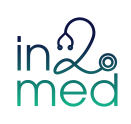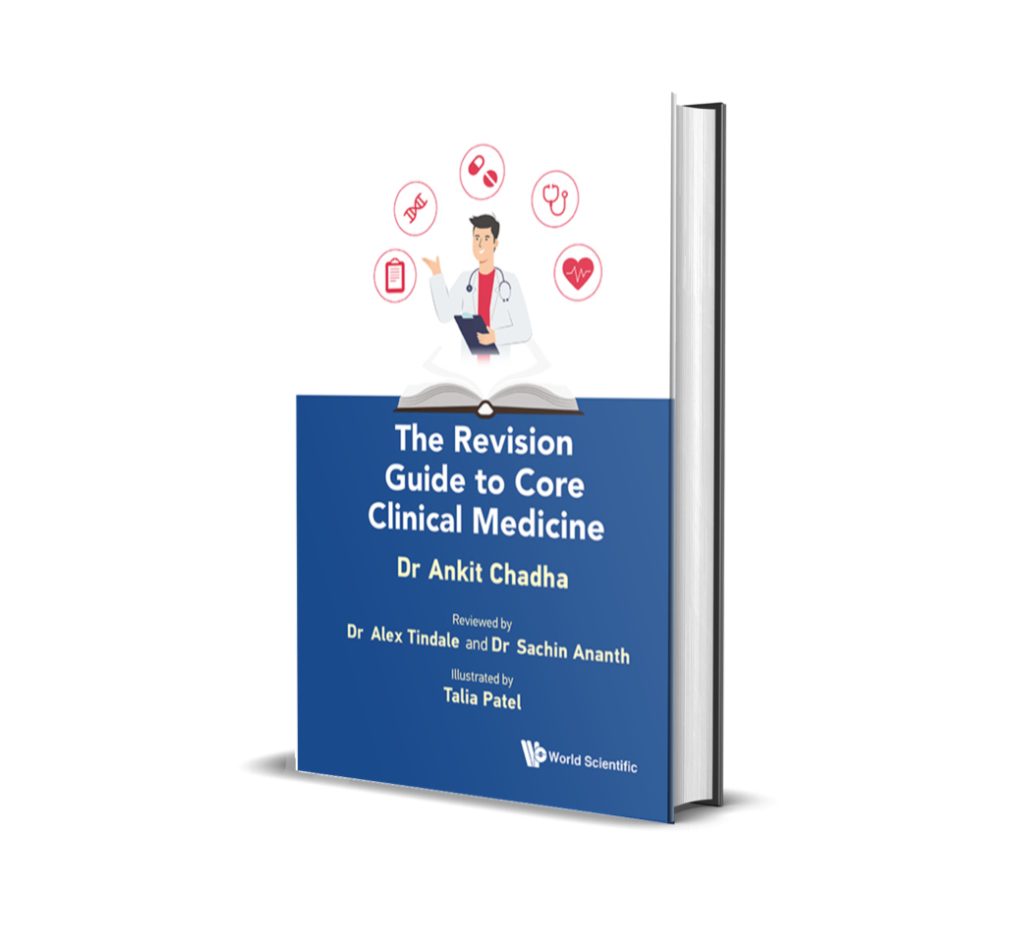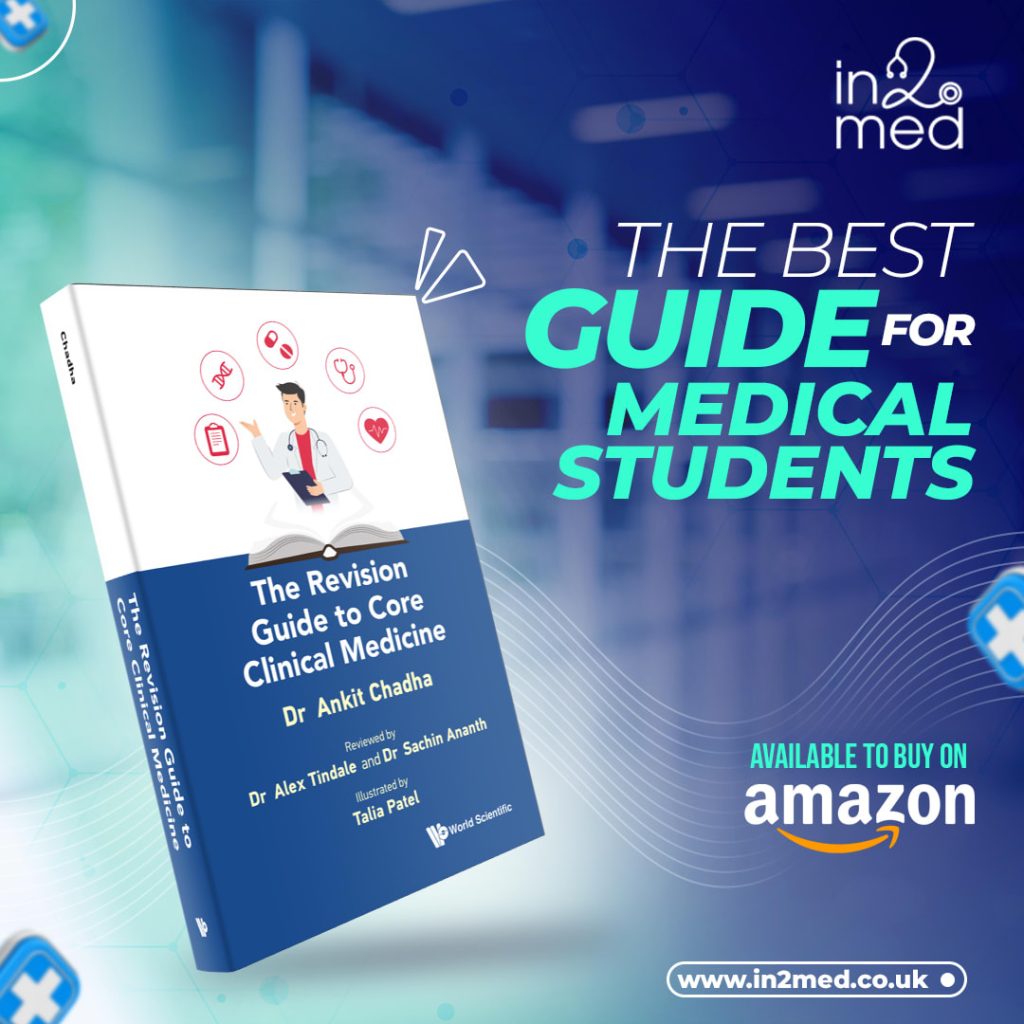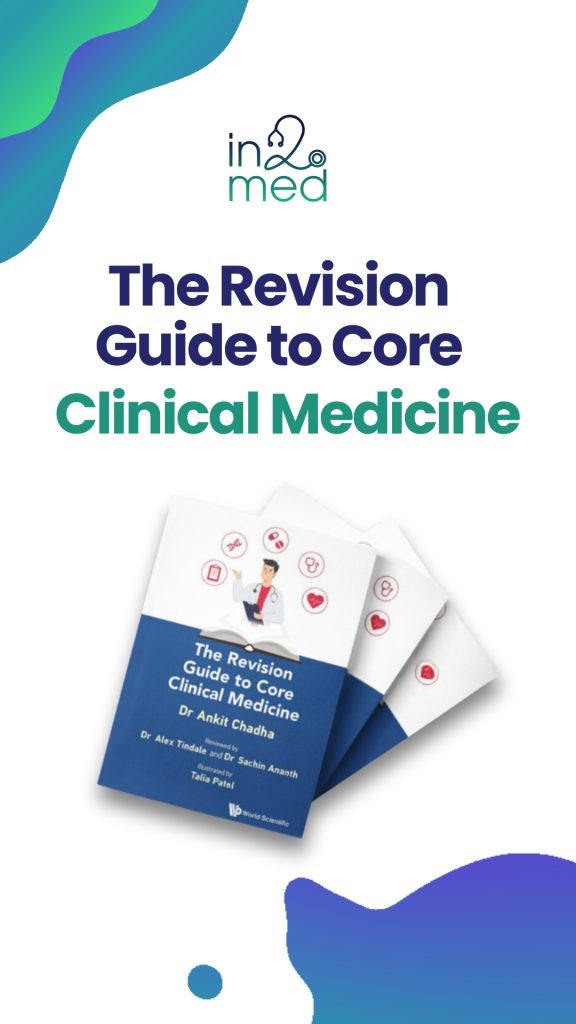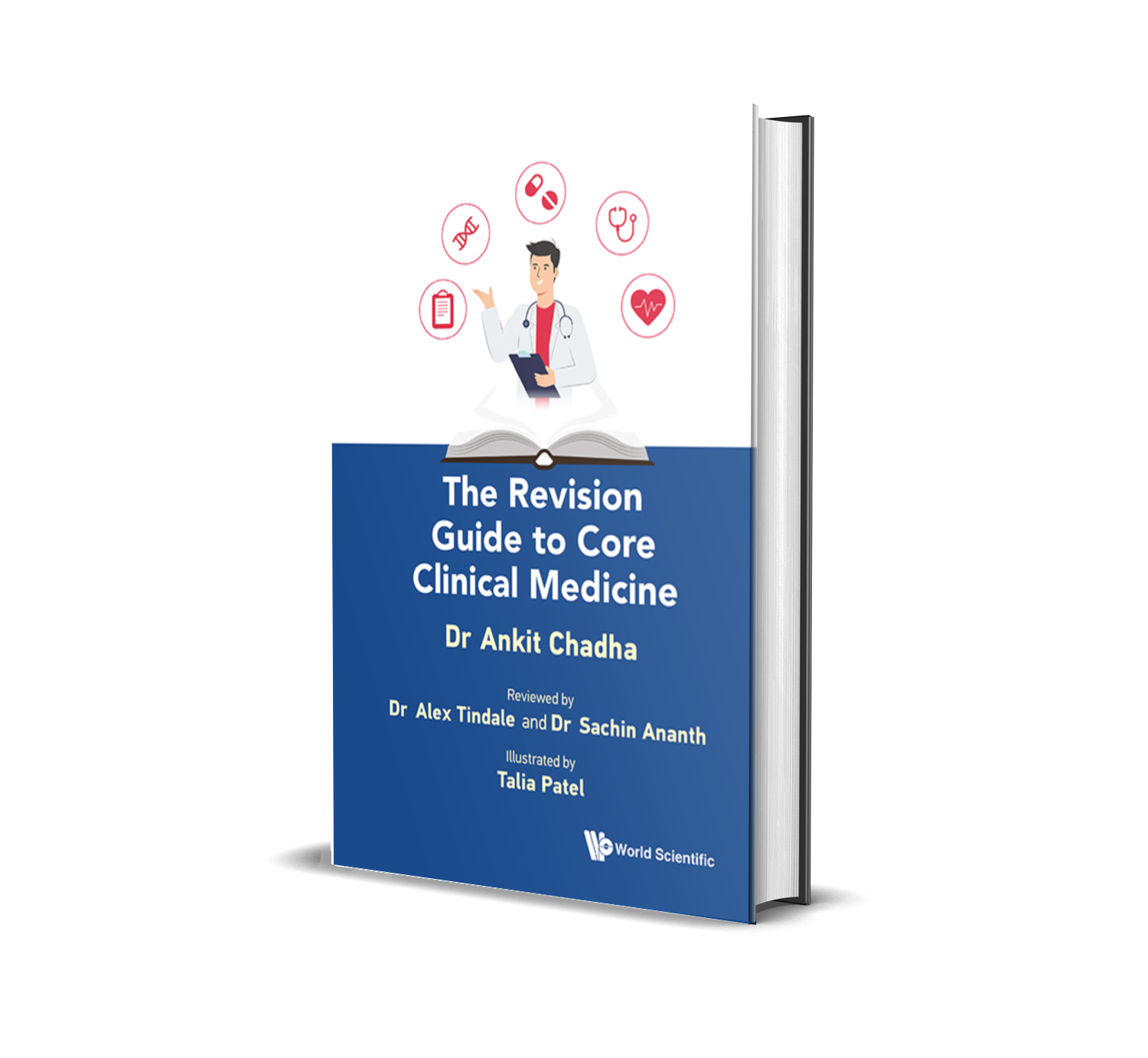Free cardiology revision lecture
Dear Friend,
I hope you all made the most of the extra hours sleep today. I do feel sorry for the doctors on the night shift, having to work that extra hour. As if 12 hours was not long enough already. This past week I had 4 night shifts of my own doing ward cover – I am just about recovered and the weekend is already over.
I wanted to invite you to an online crash course cardiology revision lecture this Wednesday 30th October at 5pm (GMT). Join me on Wednesday to go over some basic principles of the cardiovascular system and see how we apply this to dealing with common cardiac conditions such as heart failure. We will then go over some crucial pharmacology and tackle some clinical cases.
This session is free to attend and relevant to any medical student studying clinical medicine. I have run this for medical students and FY1s and it has received great feedback so far.
Just click on the button below to sign up for free. Looking forward to seeing you this Wednesday!

Drug of the week
Tinidazole
This is an antibiotic which belongs to the same class as metronidazole
It is widely known throughout Europe and the developing world as a treatment for a variety of anaerobic amoebic and bacterial infections.
It is activated intracellularly by bacterial or parasitic enzymes to a radical anion, which damages large protein molecules and DNA.
Like metronidazole, drinking alcohol while taking tinidazole causes an unpleasant disulfiram-like reaction, which includes nausea, vomiting, headache, increased blood pressure, flushing, and shortness of breath.

A Brain Teaser
You are called to the postnatal ward as part of the neonatal team to review an infant born 8 hours ago who has suddenly turned blue and has an increased work of breathing. There is no grunting and he is not tachypnoeic. There is no murmur on examination.
A chest x-ray has been done which shows obvious cardiomegaly but it has not yet been reported. The ward team have already tried giving oxygen but this has not improved the breathing.
What is the most appropriate initial management?
A: Alprostadil
B: Furosemide
C: Ibuprofen
D: Insert NG tube for feeding
E: Oxygen
Answers
The answer is A – alprostadil
This is a case of a duct dependent congenital heart disease presenting itself as the ductus arteriosus begins to close and therefore the initial management is the administration of prostaglandins (such as alprostadil) to promote duct patency.
It is likely that this child has transposition of the great arteries as the cyanosis has occurred early on but this requires further investigation to prove.
The initial action here is to prevent duct closure to allow the child to survive long enough to allow investigations to confirm the diagnosis and a subsequent attempt at surgical correction.
Note, ibuprofen should be avoided as it promotes duct closure and would worsen the condition. Furosemide and naso-gastric tube for feeding are both required in the management of acute heart failure but they are not as imperative as maintaining duct patency for this infant.
